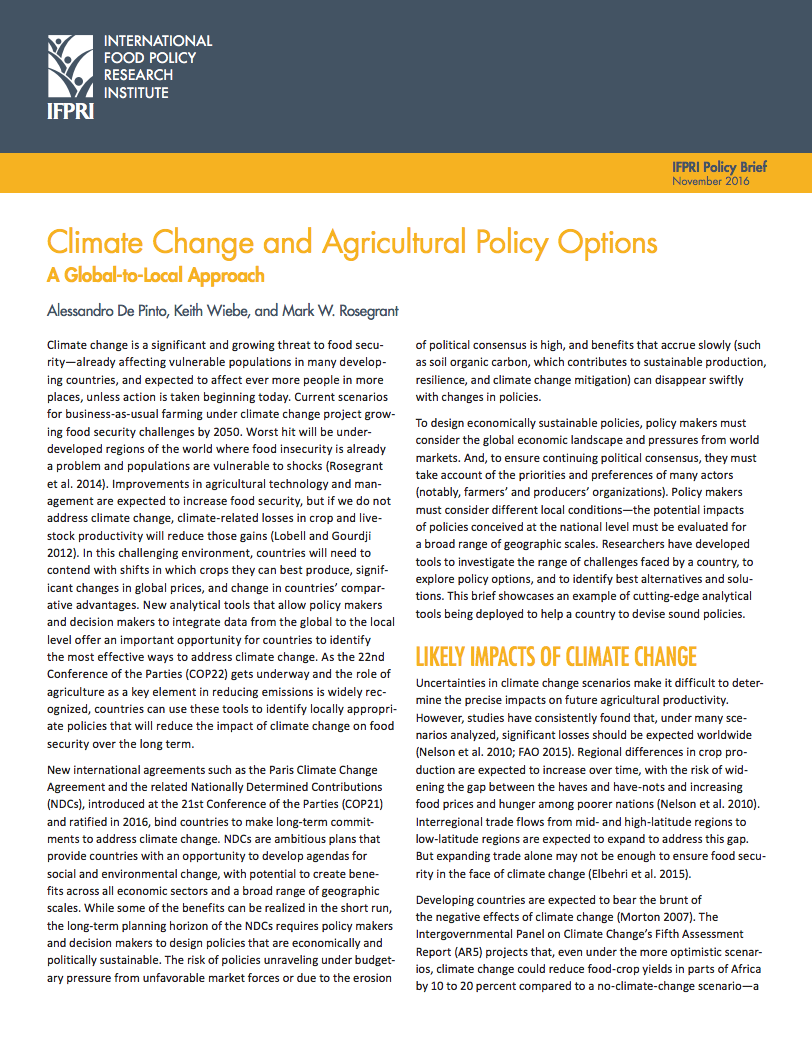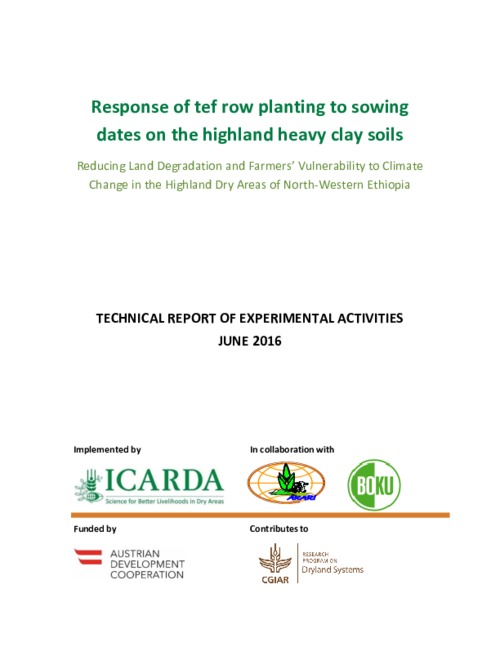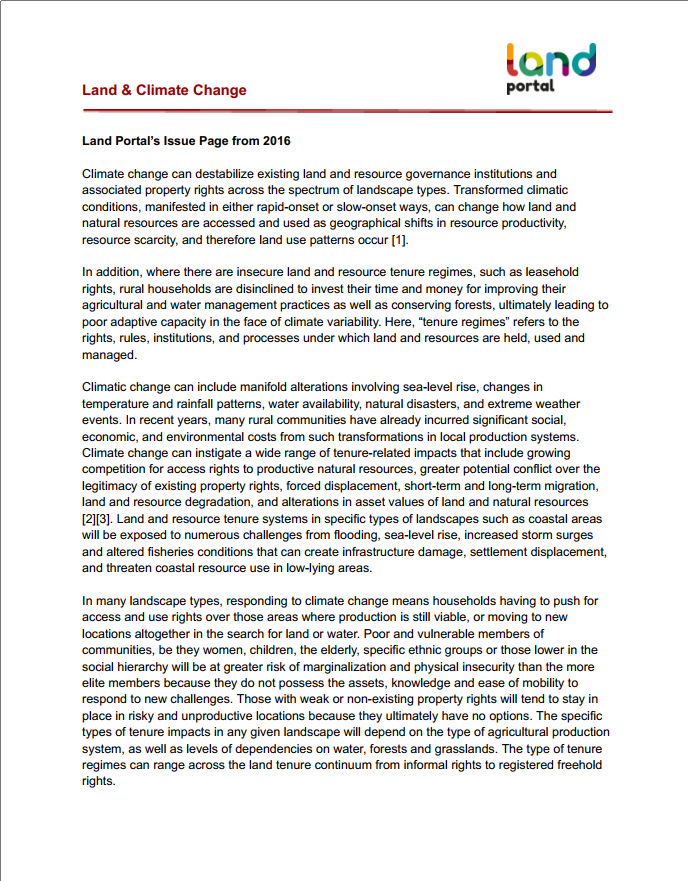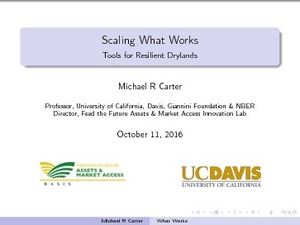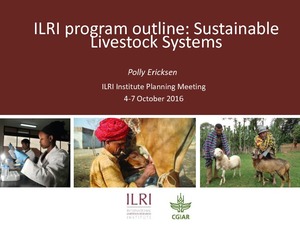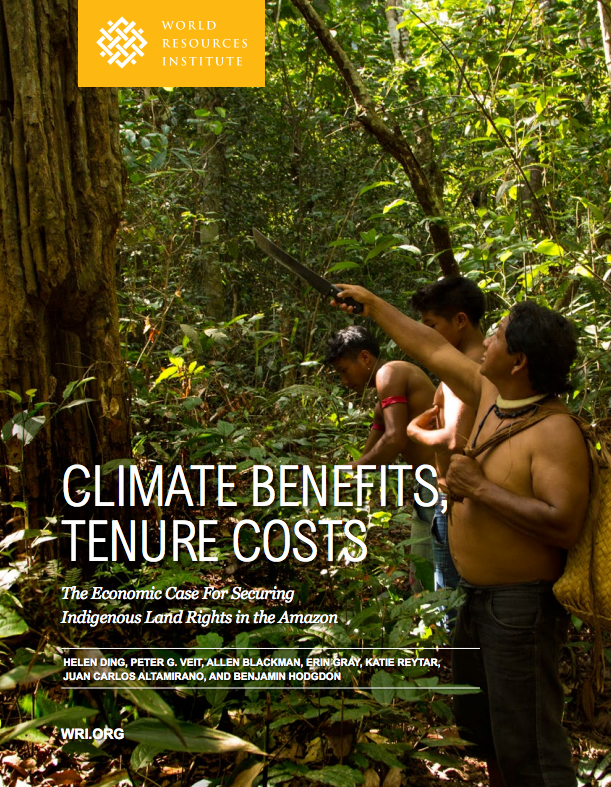FAO's work on climate change: Forests and Climate Change
The publication aims to provide a broad range of data and statistics on forests, and the impact and benefits that forestry has on our environment. It also offers some general information and data about the impact forests and forestry can have in mitigating the effects of climate change, as well as information concerning how they are, in turn, affected by climate change.

